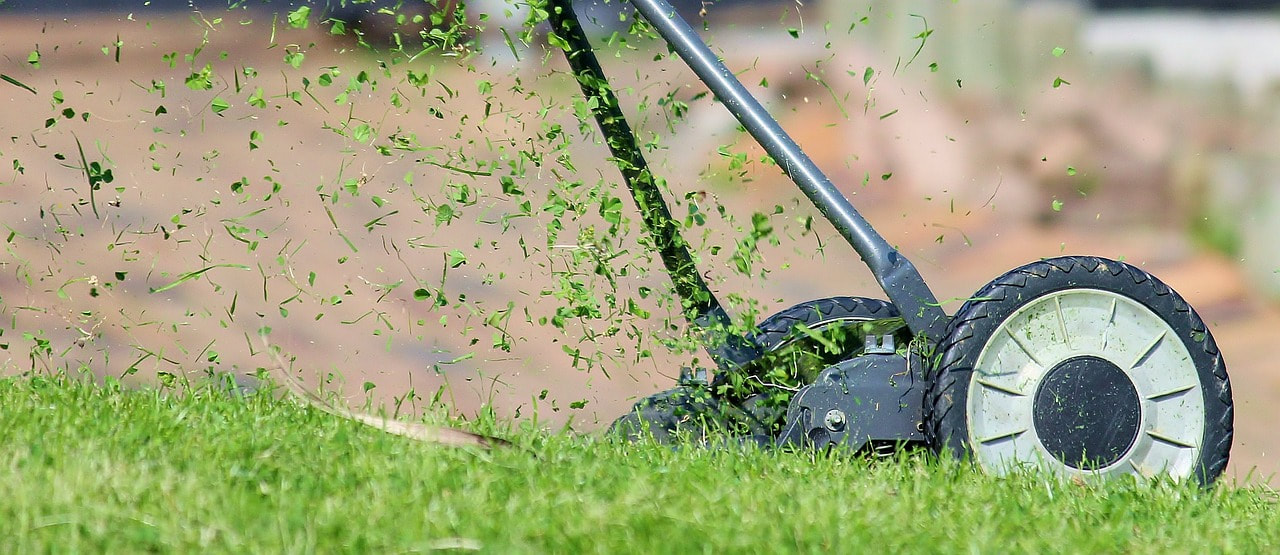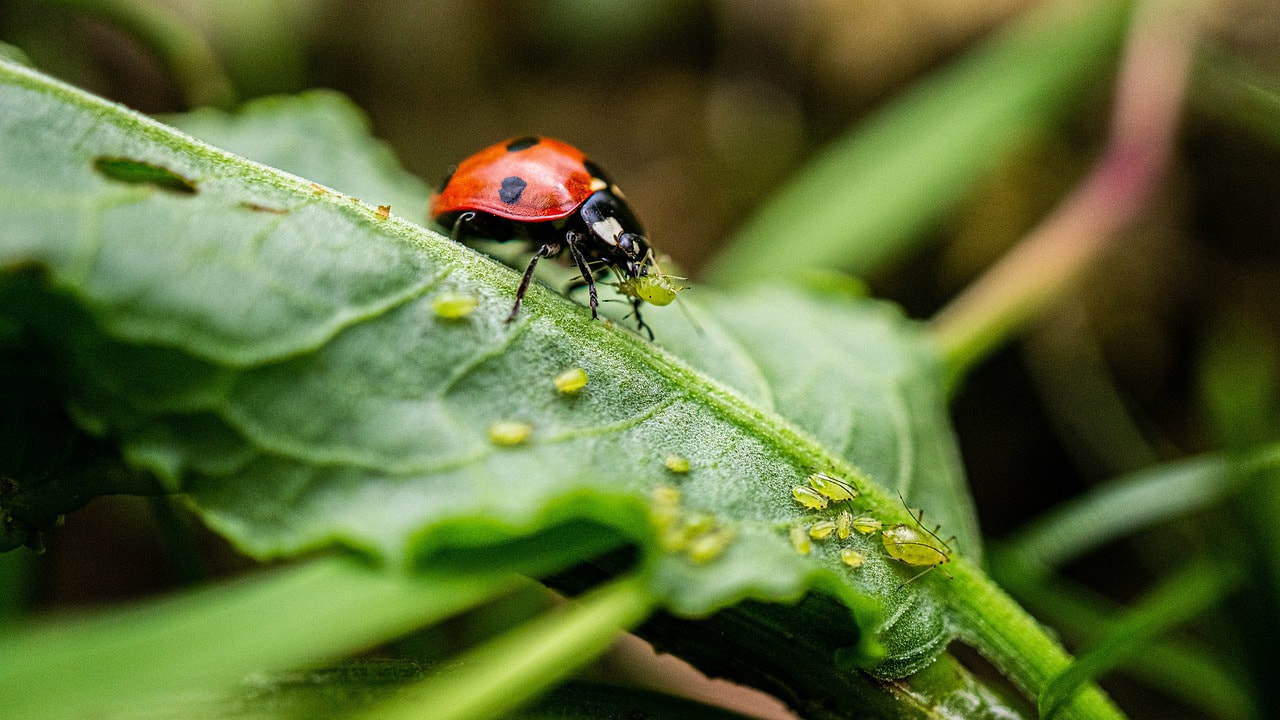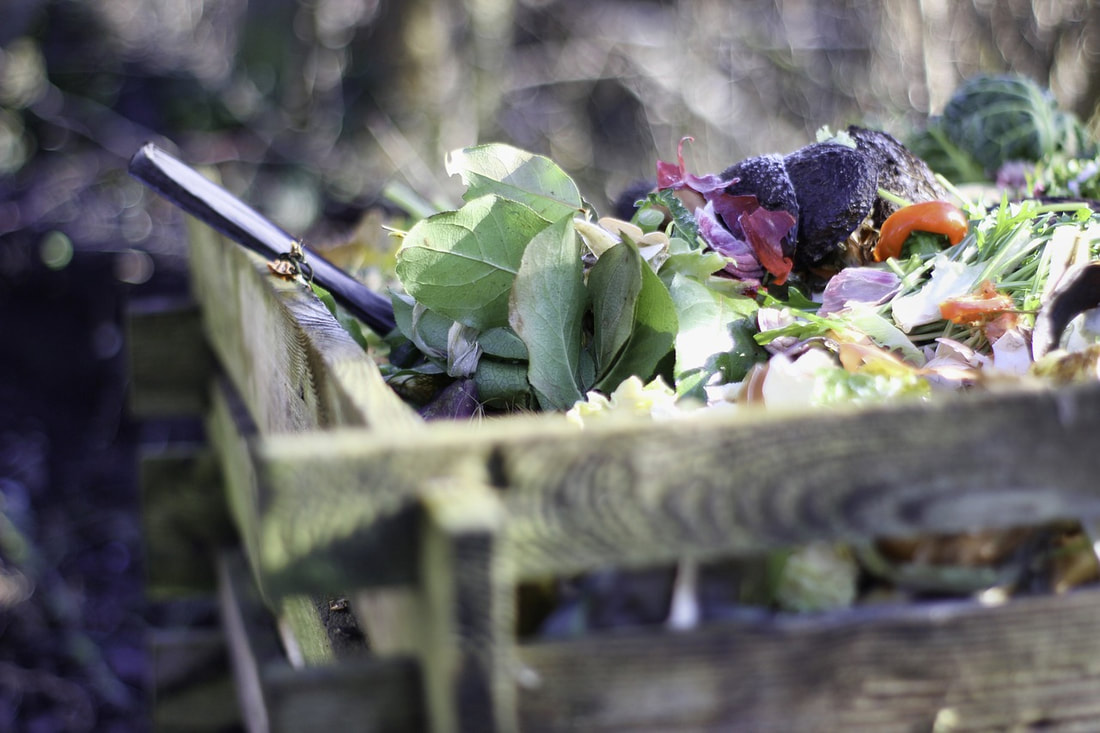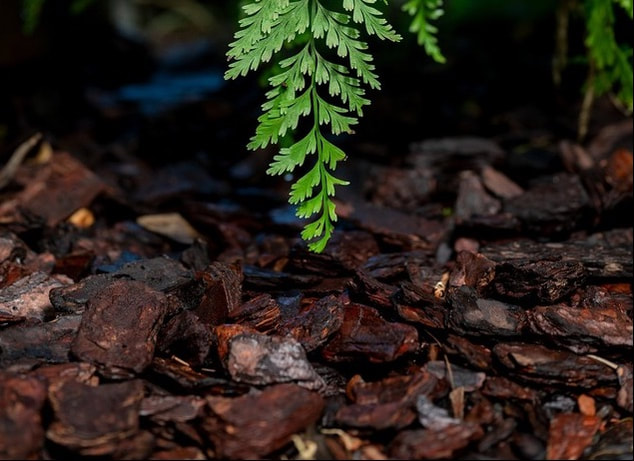|
Sustainable Gardening Tip: Maryland has a great diversity of wildlife. Providing adequate food, water, and shelter can increase the number and variety of species that visit your yard. Local wildlife relies on native plants for food and shelter.
Sustainable Gardening Tip: As an alternative to chemical fertilizers, leave grass clippings on your lawn to provide the soil with many nutrients.
Sustainable Gardening Tip: Pesticides can harm beneficial insects and wildlife, so it is best to use natural pest control methods. Planting companion plants, using physical barriers, and releasing beneficial insects are all effective ways to control pests naturally.
Sustainable Gardening Tip: Create a healthy compost pile that reuses food waste, grass clippings, yard waste, and other natural ingredients to make a nutrient and mineral-rich compost that can be added to garden soil to increase productivity and health of the soil.
Sustainable Gardening Tip: Mulching is an excellent way to retain moisture in the soil and suppress weeds. Organic mulches, such as shredded leaves or wood chips, can also improve soil health as they decompose.
|
CATEGORIES
All
|
Photos from Landscape Design Advisor, Sharon Mollerus, Puddin Tain, Donnaphoto





